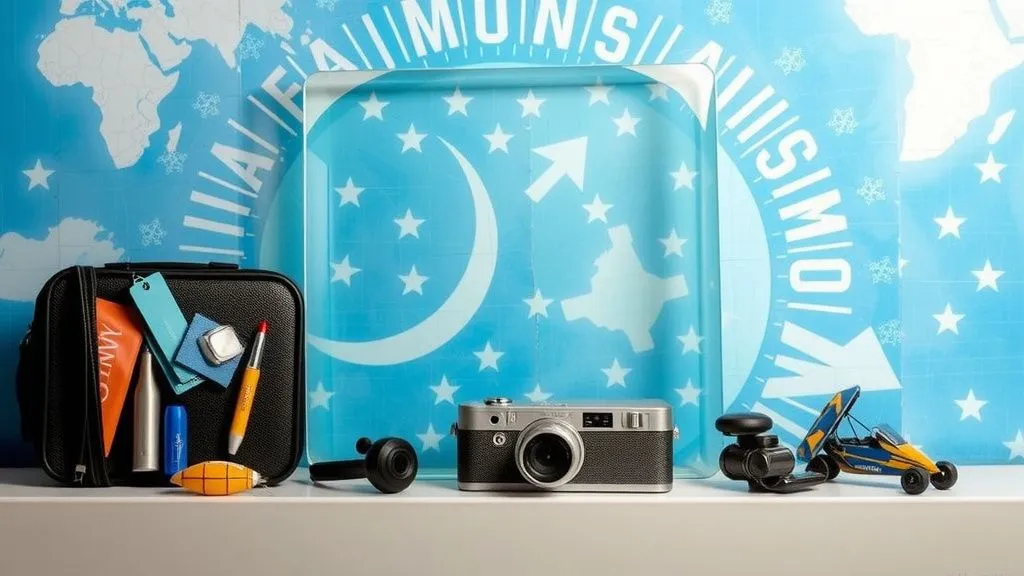Save Money with Meal Prep Tips
Meal prepping is a fantastic way to save money on your food expenses. By planning and preparing your meals in advance, you can not only reduce waste but also make smarter purchasing decisions. In this article, we will explore some effective meal prep tips that will help you save money without compromising on taste or nutrition.
Plan Your Meals
The first step towards successful meal prepping is to plan your meals for the week. Take some time to sit down and create a menu of what you would like to eat. Consider using seasonal ingredients as they tend to be more affordable and flavorful. Look for recipes that use similar ingredients so that you can buy in bulk and save money.
Make a Grocery List
Once you have planned your meals, make a detailed grocery list based on the ingredients required. Stick to your list when shopping and avoid impulse purchases. Buying in bulk whenever possible can also help reduce costs, especially for pantry staples like rice, pasta, and canned goods.
Cook in Batches
When it comes to meal prepping, cooking in batches is key. Prepare large quantities of food and divide them into individual portions for future meals. This not only saves time but also ensures that you have ready-to-eat meals whenever hunger strikes. Invest in good quality storage containers that are freezer-friendly for long-term storage.
Tips:
- Label everything: Label each container with the name of the dish and the date it was prepared to keep track of freshness.
- Portion control: Use a kitchen scale or measuring cups to portion out your meals accurately, preventing overeating and wastage.
- Try different cooking methods: Experiment with slow cookers, pressure cookers, or instant pots to make the most of cheaper cuts of meat and reduce energy costs.
Utilize Leftovers
Don't let leftovers go to waste. Get creative and repurpose them into new dishes. For example, yesterday's roasted chicken can become today's chicken salad or stir-fry. You can also freeze leftover sauces or gravies in ice cube trays for future use.
Shop Smart
To save money on groceries, it's important to shop smart. Consider these tips:
- Buy in bulk: Purchase non-perishable items like rice, beans, and spices in bulk to take advantage of lower prices.
- Sales and discounts: Keep an eye out for sales, coupons, and discounts on items you regularly use. Stock up when the price is right.
- Frozen fruits and vegetables: Frozen produce is often more affordable than fresh and still retains its nutritional value. It's perfect for smoothies, soups, and stir-fries.
- Local farmers markets: Explore local farmers markets for fresh produce at lower prices. Plus, you'll be supporting local growers!
Avoid Eating Out
Eating out can be expensive and often leads to unhealthy food choices. By meal prepping, you have delicious homemade meals readily available, making it easier to resist the temptation of takeout or dining at restaurants. It's a win-win for your wallet and your health!
Monitor Food Waste
Keep track of any food waste that occurs during meal prep. If you consistently find yourself throwing away certain ingredients, consider adjusting your grocery list or finding alternative uses for them. Being mindful of food waste can help you save money in the long run.
Conclusion
Meal prepping is an excellent way to save money while ensuring that you have nutritious and tasty meals throughout the week. By planning your meals, making a grocery list, cooking in batches, utilizing leftovers, shopping smart, avoiding eating out, and monitoring food waste, you can optimize your budget and enjoy the benefits of meal prepping.


